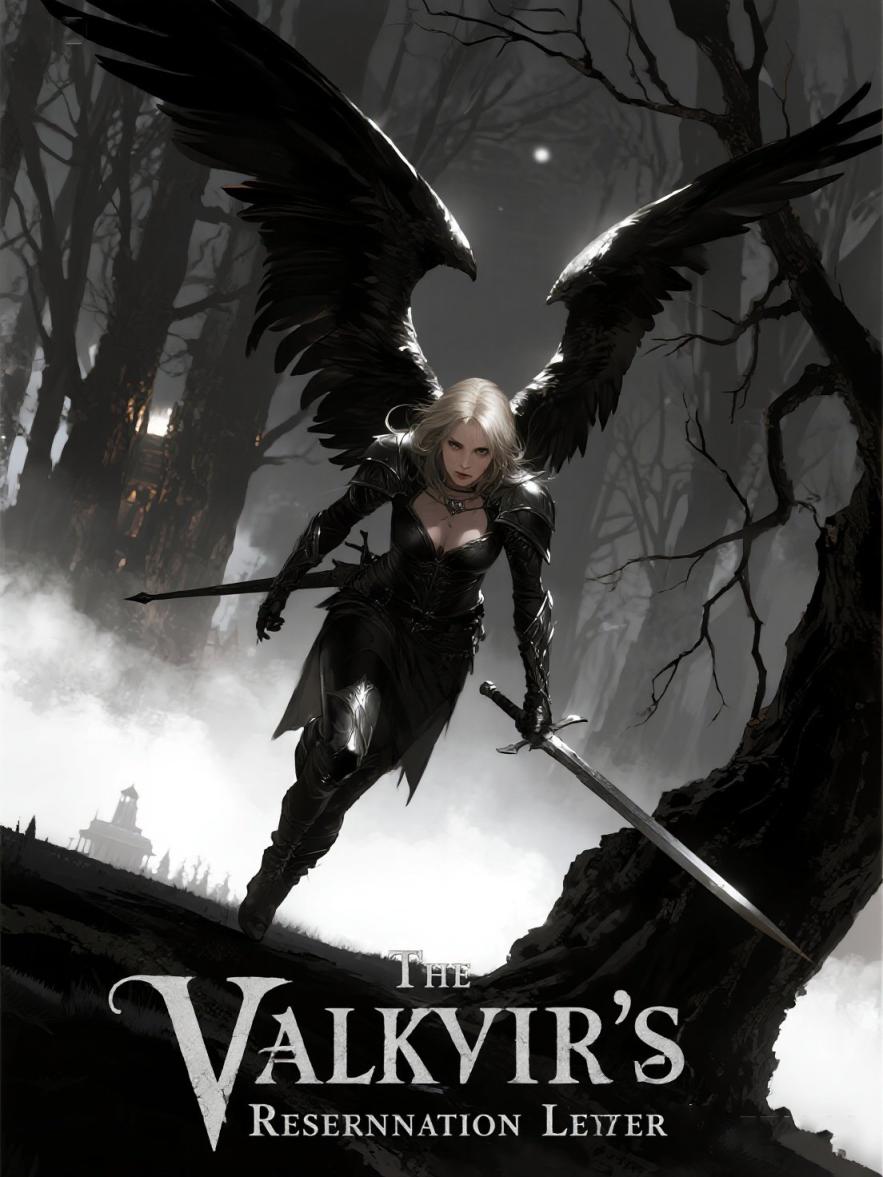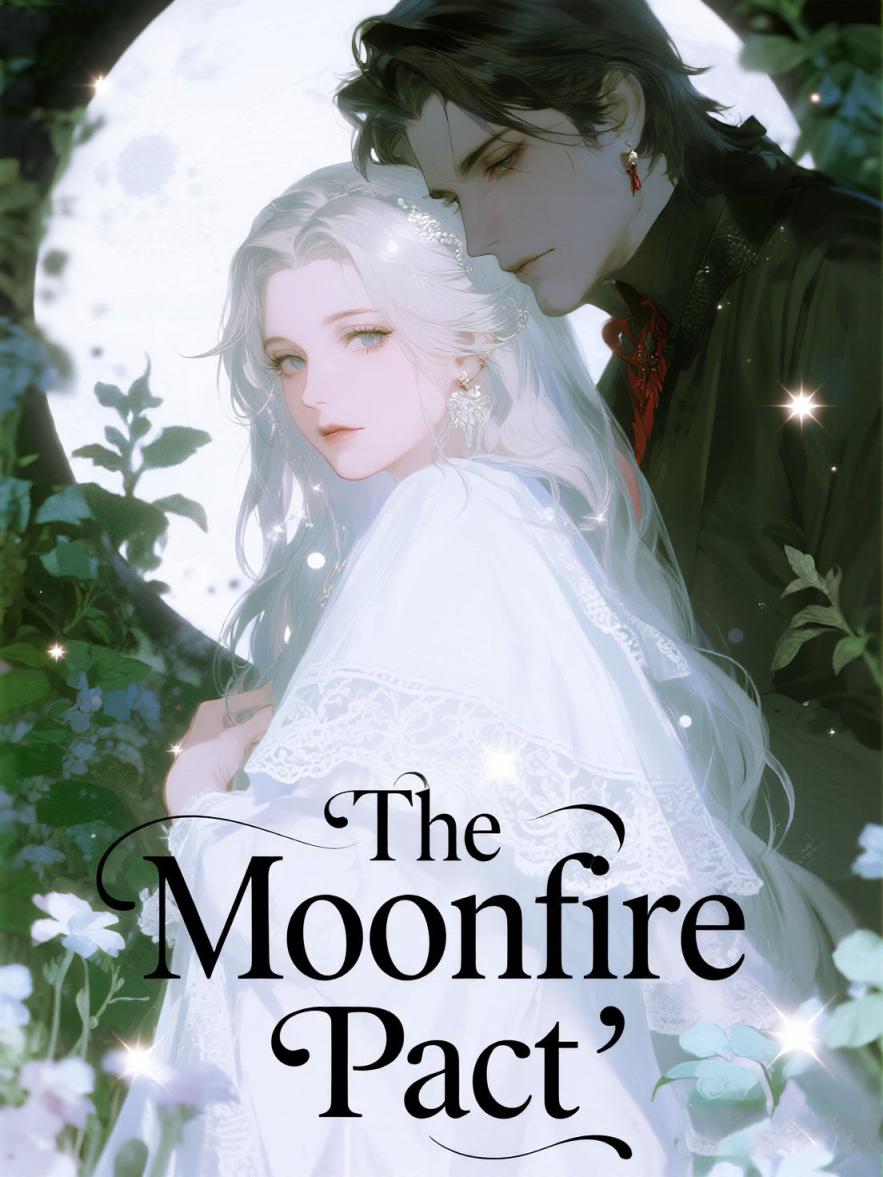Chapter 2 The Healer's Mark
The tribal village was nothing like I expected. Instead of primitive huts, I found a collection of modern cabins arranged in concentric circles around a central clearing. Solar panels glinted in the moonlight atop several structures, and I spotted satellite dishes partially hidden among the trees. This wasn't some lost tribe—they had chosen their isolation.
Connor led me to a large longhouse at the center of the settlement. Inside, a dozen people—men and women of various ages—sat in a semicircle around a fire pit. Despite the modern exterior of their homes, this space felt ancient. Herbs hung from the rafters, filling the air with unfamiliar scents that made my medical mind race to identify them. A periodic table painted on deerskin hung beside what appeared to be traditional tribal symbols.
"The council," Connor said tersely, gesturing for me to sit on a wooden stool at the open end of the semicircle.
The elderly man from the forest—apparently some kind of shaman or medicine man—studied me with piercing eyes. "I am Ezra, keeper of the old ways," he introduced himself. "You have disrupted our sacred ritual, Dr. Carter."
"I was lost," I said firmly. "If someone had bothered to put up a 'No Trespassing' sign, I would've turned around."
A murmur rippled through the council members. Connor, standing behind me, shifted uncomfortably.
"And yet," Ezra continued as if I hadn't spoken, "you bear the mark of the Silver Moon Pack. A mark that no human should carry."
"It's just a scar," I replied. "From a childhood accident."
"No accident." Ezra rose and approached me. "Show us."
Reluctantly, I unbuttoned the top of my blouse just enough to reveal the horseshoe-shaped scar beneath my left collarbone. In the firelight, it seemed to shimmer strangely, almost with a silvery quality I'd never noticed before.
Ezra's gnarled fingers hovered over the mark without touching it. "This is the ceremonial bite of a mother wolf claiming a cub," he said. "Our people have carried this mark for nineteen generations."
"That's impossible," I said automatically, though something deep inside me stirred at his words. "I grew up in the city with my father."
"After what age?" A woman's voice asked from the council. She was perhaps fifty, with silver streaks in her dark hair.
The question struck me oddly. "After... after I was five, I think." The admission felt like revealing a secret I hadn't known I was keeping.
Connor stepped forward. "Ezra, this is ridiculous. She's the doctor sent by the health department. She should be at the clinic, not subjected to an interrogation."
"The timing of her arrival is too significant to ignore," Ezra countered. "On the night of the marking ceremony, a human with our sacred mark appears." He turned back to me. "You will stay until we understand why you are here."
"I'm here because a patient died on my operating table," I said bluntly. "A routine procedure went wrong, and I was sent here as punishment. That's all."
Connor's eyes narrowed at this, but he said nothing.
Ezra seemed unmoved. "The spirits have guided you here for a purpose, Dr. Carter. Until we know what that is, you will remain under our protection—and our watchful eyes." He nodded to the woman with the silver-streaked hair. "Lydia will prepare the healer's mark."
"Wait, what?" I stood up, clutching my medical bag. "I'm not being marked by anyone. I'm a doctor, not a lab rat."
"The mark is temporary," Lydia said, her tone gentler than Ezra's. "It will allow you to move safely among us."
"Among you?" I echoed. "What exactly are you people?"
The room fell silent. Connor stepped into my line of vision, his expression grave.
"We are the Gray Ridge Pack," he said simply. "What your kind would call werewolves."
I should have laughed. I should have demanded to be taken back to my car. Instead, I found myself remembering the impossible wolves I'd seen in the forest, the fang at my throat, the way Connor had moved with inhuman grace.
"Prove it," I challenged.
Connor looked to Ezra, who nodded once. Then, with deliberate movements, Connor removed his shirt, revealing a muscular torso lined with old scars. He closed his eyes, and I watched in scientific disbelief as his skin rippled. The transformation wasn't complete—just enough to show me the truth. His shoulders broadened, dark fur sprouted along his spine, and when he opened his eyes again, they glowed amber in the firelight.
My medical training warred with what I was seeing. "This isn't possible," I whispered, even as my mind cataloged the physiological changes occurring before me.
"And yet, here we are," Connor replied, his voice deeper, rougher. The partial transformation receded, leaving him human again. "The mark will protect you. Without it, some of our younger members might mistake you for an intruder during their transformed state."
I had a thousand questions, but Lydia was already approaching with what looked like a small wooden box. "Your hand, please, Doctor."
"What exactly does this mark entail?" My medical caution reasserted itself.
"It's a photon imprint," she explained, opening the box to reveal a device that looked surprisingly high-tech. "No scarring, no pain. It creates a bioelectric signature that our transformed members can sense."
"You're talking about manipulating the body's electromagnetic field," I said, professional curiosity overriding my fear. "That's theoretical science."
"For your universities, perhaps," Ezra commented. "We have practiced this art for centuries."
Still hesitant, I extended my hand. Lydia placed the device against my palm, and a brief, warm sensation pulsed through my skin. When she removed it, a stylized wolf paw glowed faintly on my hand, the lines a subtle blue-white.
"It will fade in about a month," she said. "Unless renewed."
I stared at the mark, fascinated despite myself. "And this will keep me safe?"
"From accidental harm, yes," Connor said. "Though I'd still advise caution during the full moon."
Ezra cleared his throat. "Dr. Carter will need accommodation until we determine her role here. Connor, as our Alpha who is also trained in medicine, you will be responsible for her."
Connor's jaw clenched, but he nodded. "She can use the adjoining room at the clinic. It was meant for visiting physicians anyway."
I found my voice again. "Don't I get a say in this? I was assigned to run the clinic, not become involved in..." I gestured around, "...whatever this is."
"You will still run the clinic," Ezra assured me. "We have need of your skills. But you crossed into our sacred ground on the night of a ritual. The spirits have marked you as significant."
I wanted to argue, to demand scientific explanations rather than spiritual ones, but exhaustion was catching up to me. "Fine. One night. Then we discuss my return to a normal doctor-patient relationship with this community."
After the council dispersed, Connor led me through the village toward a building set slightly apart from the others. Unlike the wooden cabins, the clinic was a modern single-story structure with solar panels and a satellite dish.
"The council means well," Connor said as we walked. "But they're set in the old ways."
"And you're not?" I asked, studying his profile in the moonlight.
"I try to balance both worlds." He unlocked the clinic door. "I was studying medicine at Johns Hopkins before I was called back to become Alpha."
This surprised me. "You're a doctor?"
"Almost. Third-year resident when my father died." He flipped on the lights, revealing a small but well-equipped rural clinic. "I had to choose between finishing my training and leading the pack."
I took in the examination rooms, the modest lab equipment, the locked medicine cabinet. "This is better supplied than I expected."
"We have an arrangement with the county health department. They provide equipment and supplies; we handle our own health needs and serve the human communities nearby." He showed me to a door at the back. "Your quarters. Basic, but private."
The room was small but comfortable—a bed, desk, bathroom, and kitchenette. My suitcases had somehow already been delivered from my stranded car.
"Thank you," I said, still processing everything that had happened. "I have questions. A lot of questions."
Connor nodded. "Tomorrow. Get some rest, Dr. Carter."
"Alison," I corrected automatically.
"Alison," he repeated, and something in his tone made me look up. His expression had softened slightly. "Despite tonight's circumstances, we are grateful to have a physician of your caliber here."
After he left, I sank onto the bed, my mind racing. Werewolves. I'd walked into a community of werewolves. Either that or I was experiencing an elaborate hallucination brought on by stress and exhaustion.
I examined the glowing paw print on my hand. It emitted no heat, caused no pain, yet it was undeniably there—a mark binding me to this strange place.
Sleep eventually claimed me, but my dreams were filled with running through moonlit forests and the distant sound of howling.
Morning came with a sharp knock on my door. I opened it to find Connor, his expression grim.
"Emergency at the clinic," he said. "Young boy, high fever. His mother brought him in just now."
Instantly alert, I grabbed my medical bag. "Lead the way."
In the examination room, I found a boy of about eight, his skin flushed with fever. His mother, a worried-looking woman, stood nearby.
"He's been like this since dawn," she explained. "The transformation is becoming harder each month."
I glanced at Connor, who nodded slightly. "The boy is experiencing month-end transition sickness. It affects some of our young ones as they approach puberty."
I examined the child, noting his elevated temperature and rapid pulse. His pupils were dilated and showed that same amber glow I'd seen in Connor's eyes.
"What do you usually give for this?" I asked, rummaging in my bag.
"Herbal teas, mostly," the mother replied. "But they're not working as well anymore."
I pulled out a vial of the mild sedative I'd developed for pediatric patients with severe anxiety. "This might help. It's gentle enough for children but should ease the transition symptoms."
Connor looked skeptical. "Human medications don't always work the same on us."
"It's not standard issue," I explained, drawing a small dose. "I formulated it myself. It works by stabilizing autonomic nervous system responses rather than directly affecting brain chemistry."
With the mother's permission, I administered the medication. Within minutes, the boy's breathing steadied, and his temperature began to drop.
Connor watched with undisguised surprise. "That shouldn't have worked so quickly."
I shrugged. "Sometimes medical intuition pays off."
After the mother and child left, Connor leaned against the examination table. "Your sedative shouldn't have been that effective on one of our kind."
"Maybe I'm just good at what I do," I replied, cleaning up the supplies.
"Or maybe there's more to your connection to our pack than we realized." His gaze fell to my marked hand. "The imprint—it's changed color."
I looked down to see the blue-white lines had taken on a faint purple hue. "Is that normal?"
"No," Connor admitted. "It usually stays the same color unless..." He trailed off, his expression troubled.
"Unless what?"
"Unless there's a deeper bond forming." He straightened, suddenly all business again. "I need to check the medicine cabinet before clinic hours officially start."
I watched him walk to the locked cabinet and begin his inventory, noting the careful way he handled each bottle, the methodical checking of labels. There was something he wasn't telling me—something about the mark, about my unexpected presence here.
And I was determined to find out what it was.

